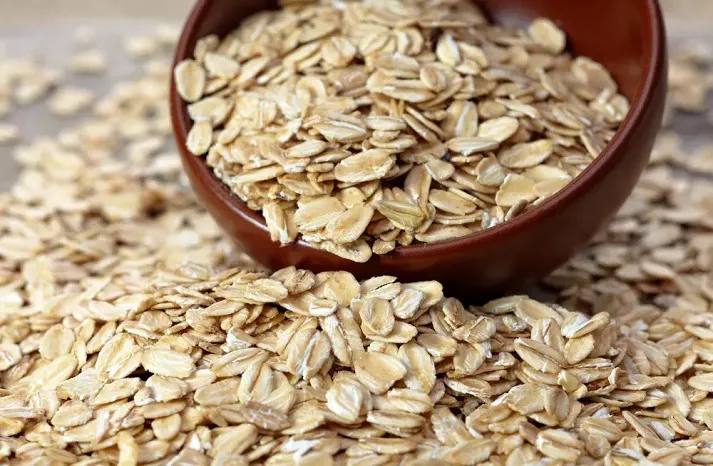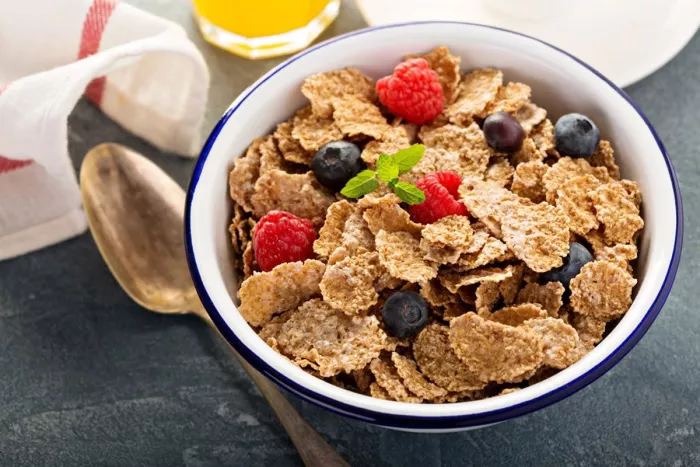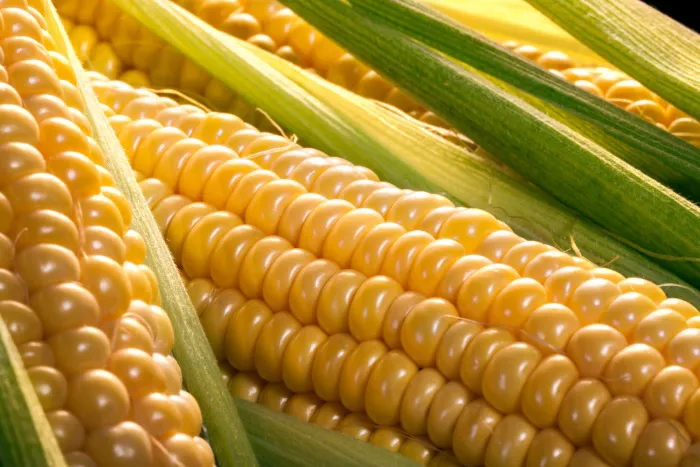In a world where population growth, climate change, international conflicts, and unsustainable farming practices converge, projections indicate that a global food shortage could become a reality as early as 2035. While this prospect is indeed alarming, a ray of hope emerges on the horizon through the transformative potential of technology.
Azahar Ali, an assistant professor in the School of Animal Sciences at Virginia Tech, in collaboration with experts from Florida Polytechnic University, proposes that the fusion of cutting-edge innovations such as biosensors, the Internet of Things (IoT), and machine learning presents a powerful solution. They argue that through collective efforts from researchers, policymakers, and the industry, we can address and potentially overcome this impending crisis.
Their insights and visionary approach are outlined in a study published in Advanced Intelligent Systems, where Ali and his colleagues issue a compelling call to action to the agriculture and food safety sectors. Their plea is simple but profound: fostering communication and understanding between these sectors to identify pressing issues and then designing technology solutions with well-defined objectives.
The critical juncture at which we stand calls for a united front, where technology and cooperation between stakeholders may provide the salvation needed to avert the impending food crisis. With biosensors, IoT, and machine learning at the forefront, the stage is set for a harmonious blend of science and innovation to secure the world’s food supply for future generations. It is through collaborative efforts and a shared vision that we can harness the power of technology to safeguard food security in the face of unprecedented challenges.


























